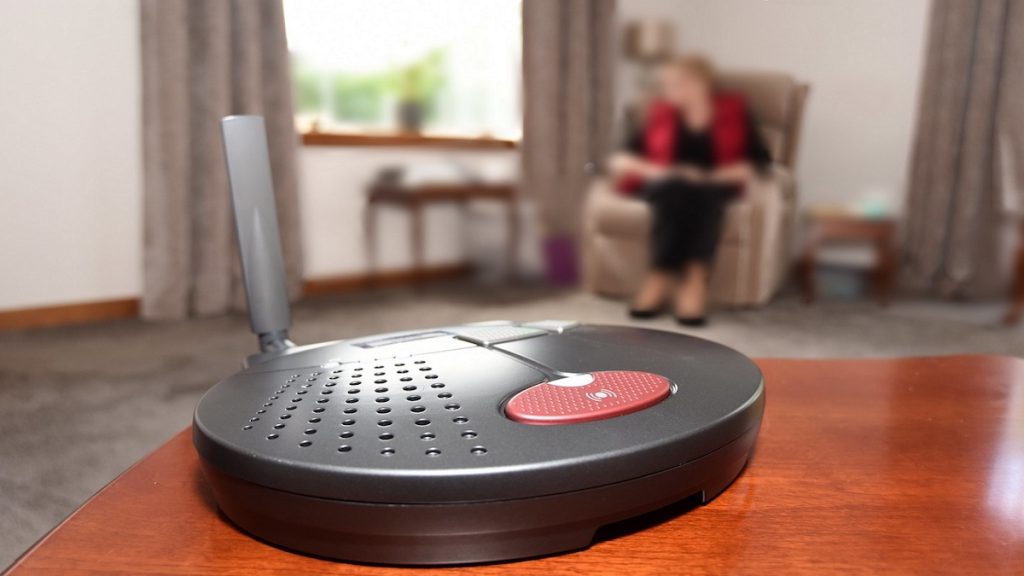Outdated home alarm telecare systems are experiencing higher rates of call failures which is putting the safety of vulnerable people at risk, an expert has warned.
More than one million alarm calls made by people in their homes failed to connect to alarm receiving centres (ARCs) in the UK last year, according to analysis by telecare specialist Communicare247. In Scotland, it is estimated almost 100,000 alarm calls failed to connect to ARCs.
This affected people calling for help when they needed assistance from carers or even calls for emergency fire and ambulance services, said the company. One Scottish local authority’s call failure spiked to 12.3% in one month due to network incompatibility problems, according to a white paper published by the telecare industry body TSA.
Ofcom, the UK telecommunications industry regulator, has also highlighted its concerns about risks to social care systems while the UK’s public switched telephone network (PSTN) is being switched to a digital system. It has warned the migration to digital will see interoperability issues arise, affecting 1.7million people in the UK who are reliant on analogue telecare services.
Tom Morton, chief executive of Communicare247, said: “Every citizen should feel assured that a service that enables them remain safe at home will reach the help that is needed. Digital networks are expanding quickly and some areas are reporting significant call failure spikes which are completely avoidable.”
He said that similar problems reported in Sweden and Australia revealed the cause of these call failures is linked to the incompatibility of analogue alarm signal protocols which are not properly interpreted by alarm centre systems when transferred over new digital phone networks.”
BT has confirmed that it commenced the migration of its network to digital this autumn, a process that will be complete by 2025. Other networks such as Talk-Talk and Sky are already digital, and Virgin Media has confirmed its transition will be complete in 2020.
“These spikes are increasing in frequency and are unacceptable. Old analogue telecare systems need to be replaced and quickly,” added Morton.
“Commissioners and policy makers need to act now to provide adequate resources to remove this risk and apply pressure to telecare equipment manufacturers and system providers to deliver effective technology.”
